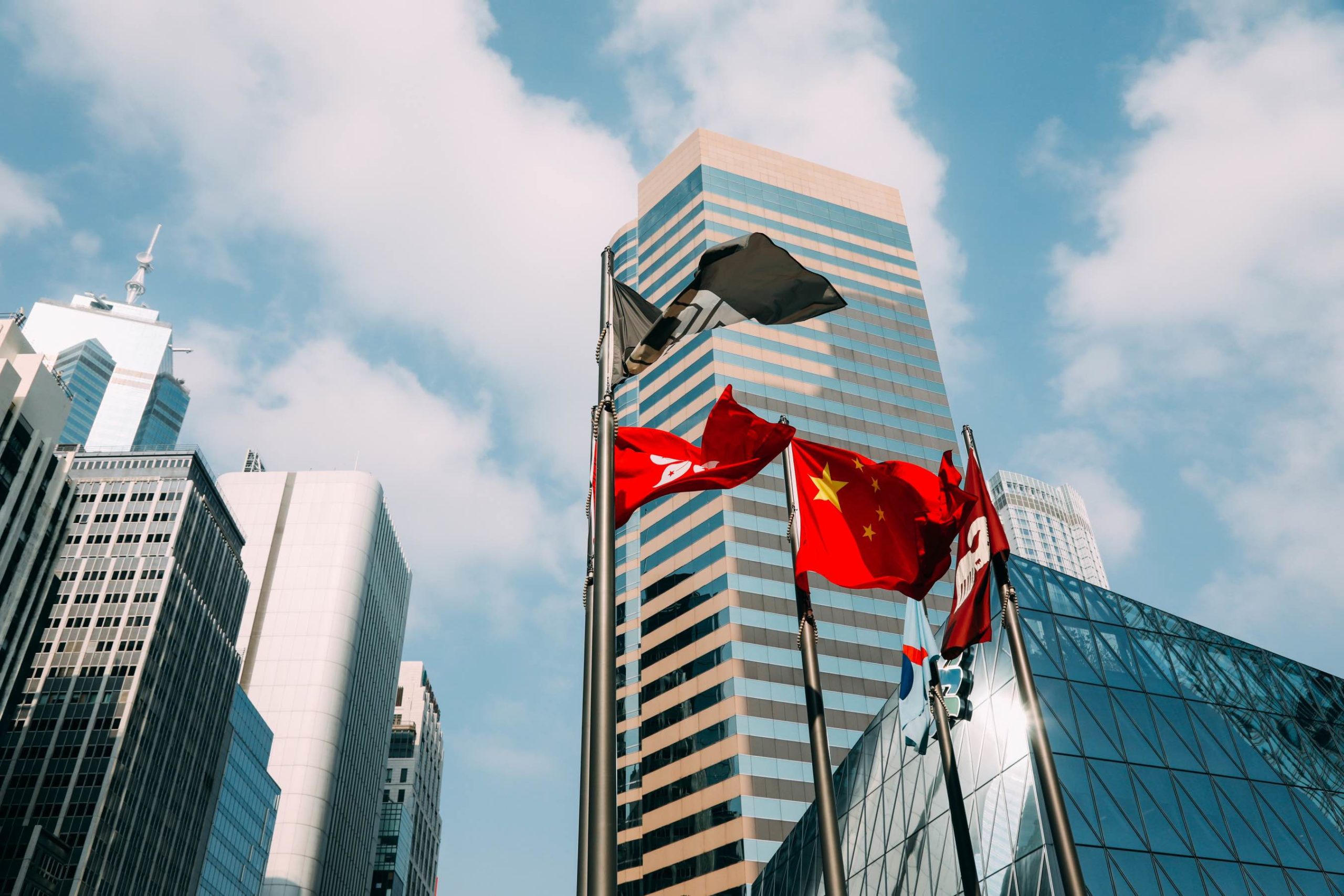
Compliance Burden Rising for Hong Kong Firms as Regulators Signal Intent
Despite the political and economic disturbances of 2020, Hong Kong is determined to strengthen the governance of its financial district.
In 2021, Hong Kong’s financial services firms can expect further regulations around culture, conduct, remote identity approval and data privacy in the coming year, two of the hub’s most senior officials have said.
At the recent industry event XLoD Global, Alan Au, the Hong Kong Monetary Authority executive director of banking conduct, told the industry that sound culture “matters more than ever.”
He also shared his concerns about the way banks interact with their customers, a lack of physical oversight of staff activities and increased pressure for bank staff to perform amid the COVID-19 pandemic. “These may increase the risk of poor customer outcomes,” he said.
Speaking at a separate compliance forum, Hong Kong Securities and Futures Commission Chief Executive Ashley Alder reiterated the message and said that while it had shown greater flexibility around remote work operations and some regulatory deadlines, there would be no letup in supervision.
Alder said: “We have stepped up our supervision of firms and funds to address potential vulnerabilities – especially new types of operational risks.
Everything we have done is consistent with the overall global approach, which has been to adapt to the new environment without relaxing prudential and conduct standards.
Front Office Deep Dives
Au outlined several regulatory initiatives the central bank intended to pursue that will have an impact on the work of compliance and surveillance teams.
He said further work is needed to ensure that incentive systems are designed to promote sound culture, prevent incidents of misconduct, align the interests of banks and customers and strike an appropriate balance between financial and non-financial factors in balanced scorecards.
The regulator is concerned about bribery and inducements to trade and wants to bring Hong Kong in line with European standards. He also said that Hong Kong banks must benchmark themselves against findings from major overseas misconduct incidents to understand the underlying root causes and identify whether similar incidents could arise, in order to take appropriate preventative action.
Au believes that Hong Kong’s financial district is far from being clear of misconduct, it is just that breaches have not been identified due to the immaturity of Hong Kong’s regulation and the slow speed at which some of it has moved in the past.
“The HKMA intends to conduct focused interviews with banks to carry out deep-dives into the incentive systems of front offices in the business of distributing banking, investment and/or insurance products in retail banks,” said Susanne Harris of law firm Mayer Brown.
More focus is needed to facilitate the continuous professional development of staff to complement culture-promoting efforts, he said, including thorough goal-setting and leveraging the Enhanced Competency Framework, which is aimed at raising the professional competence of practitioners working in the operational risk management function of banks.
The regulator said, “Psychological safety” is another phrase likely to feature greater in the coming year. More work is needed to promote an environment that “encourages staff to speak up without fear of adverse consequences, such as bullying and retaliation.”
Culture Fatigue and Senior Management
Au also warned banks to be careful not to swamp staff with a large number of initiatives designed to change behaviors at once.
“The regulators’ focus on senior management accountability has brought significant attention to this area within financial institutions,” said Harris. “A topic which impacts a much larger proportion of the firm’s workforce but possibly receives less attention is the need to carry out a balancing act between disciplining bad conduct without creating a culture of fear of making and owning up to honest and reasonable mistakes.”
The HKMA said that as it is pleased with the results so far, it would like firms to continue to implement regulatory technology solutions to enhance compliance standards and strengthen internal controls.
“Banks should be mindful that conduct and culture remain important when their staff interact with their customers through non-face-to-face channels,” Harris said.
The Securities and Futures Commission (SFC) meanwhile is continuing its drive to cut conduct risk inside regulated firms and is keen to see how regulatory technology can help firms meet their responsibilities.
“Specifically, regulators are increasingly focusing on digital central bank currencies, cross-border payments, cloud computing, artificial intelligence, machine learning, sophisticated algorithms and outsourcing of crucial aspects of financial services to unregulated technology firms,” said Simon Hawkings, of Latham & Watkins.
Alder stressed the need for cloud storage to secure “unrestricted access” to regulatory records, regardless of the external provider’s jurisdiction.
High-impact Enforcement
Historically, Hong Kong’s regulators have been unwilling or unable to chase cross-border market abuse or punish firms who do business in the hub, but keep data elsewhere. All this is set to change under the coming regime, however, with greater powers to conduct overseas investigations to be drawn up for the SFC.
“The prospect of a case not being pursued just because the SFC could not obtain regulatory records located outside Hong Kong would be unacceptable,” said Alder.
Instead of applying enforcement tools over a broad range of matters and aiming to increase the number of enforcement investigations and outcomes year-on-year, the SFC’s Enforcement Division has instead focused resources and efforts on fewer “high impact” cases. It defines these as those that deter and prevent wrongdoing that can seriously damage the market.
“The prospect of a case not being pursued just because the SFC could not obtain regulatory records located outside Hong Kong would be unacceptable,” Alder said.
“With the SFC’s approach yielding positive results and the ongoing close collaboration between the SFC and the Stock Exchange of Hong Kong focused on improving corporate and management behavior, it is likely that enforcement activity focused on listed companies and their management, executive and non-executive, will continue,” said Tim Mak of Freshfields Bruckhaus Deringer LLP.
Earlier in 2020, the markets watchdog fined Goldman Sachs’s Asian business US$350m for its role in Malaysia’s multibillion-dollar 1MDB scandal, the highest fine ever imposed by the SFC. It said serious lapses and deficiencies in management controls at Goldman Sachs had contributed to the misappropriation of $2.6bn raised by the Malaysian sovereign wealth fund.
In the wake of the 1MDB debacle and with the advent of Coronavirus testing compliance departments, Hong Kong’s regulators have sent the message loud and clear that they will not tolerate any slippage and are working to toughen the rules that govern finance.
“I want to stress once again that the fundamentals have not changed in any way and that our stance as the regulator of Hong Kong’s capital markets remains the same,” Alder said. “This is vital to maintain trust and confidence in our work despite a fraught political environment. We fully understand that investor confidence in the regulatory system is absolutely essential for Hong Kong to thrive as an international financial center.”







